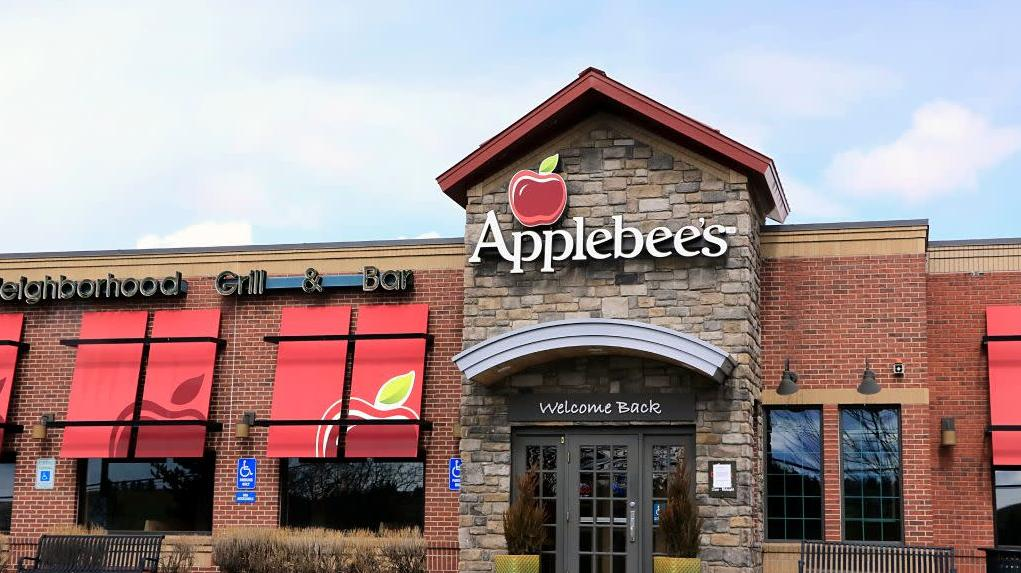Those "Cosmic Wings" You're Eating Are Just Applebee's
Every time I open up a delivery app, I swear, there are new restaurant names added every single day. Sometimes it's pretty clear that there's something fishy going on—I'm looking at you, "B*tch Don't Grill My Cheese"—but other times it's not nearly as obvious which restaurants are real and which restaurants are running out of ghost kitchens that only exist virtually on the delivery app. My trick is to check out the address of each of these "new restaurants" to see where the food is coming from. If Google says that a given address is actually a different restaurant, then it's probably a virtual kitchen operating out of that same kitchen space.
Virtual kitchens spell fast money for big brands: there's no need to operate brick-and-mortar locations, and presenting the menu concepts as "new restaurants" on various apps doesn't cost them anything. Chicken wings are also a quick way to earn a buck these days, for lots of reasons. Applebee's has been cashing in on both fronts, big time. Its wing brand, which doesn't have the world "Applebee's" anywhere near it, is Cosmic Wings, and it sells chicken wings covered in crushed-up Cheetos just to be hip and cool and attention-grabbing. But that's really just the tip of the virtual kitchen iceberg. The Wall Street Journal has pulled aside the curtain to give us a glimpse into how big corporations are sneaking their way into our delivery orders.
"To make an impression, you have to be original and fresh," said John Peyton, CEO of Applebee's parent company Dine Brands Global. Testing showed that Cosmic Wings, cooked in the kitchens of Applebee's locations, performed better than wings sold under the original Applebee's name (and, presumably, the name "Neighborhood Wings," which it debuted last year). I guess that the word "cosmic" really screams "original and fresh." (Does it make anyone else think of apples?)
Even Michelin-starred chefs are in on this tactic. Here in Chicago, three-star Michelin chef Curtis Duffy has opened up a virtual concept called Reve Burger, the backwards spelling of "Ever," the name of Duffy's brick-and-mortar restaurant. Reve sells burgers, chicken tenders, and fries, and the new brand helped keep Ever afloat when all indoor dining was banned for a stretch of time.
Michael Mina, also a Michelin-starred chef, turned his San Francisco Japanese restaurant Pabu into a space for his first virtual brand: Tokyo Hot Chicken, a concept that sells Japanese-inspired fried chicken and sides. Mina also sells burgers now from the same space under the brand Bourbon Burger Bar, making use of Pabu's charcoal grill.
"We probably wouldn't revamp the kitchen at Pabu to do pizza," he said. "But cooking burgers on a grill, that works."
Some large brands insist that they're being transparent about their virtual operations, but that's not always apparent to the consumer. A marketing professional from St. Louis, Kim Kelley, ordered $34 in food from virtual brand Burger Den earlier this month, but later found out that it was made at a Denny's location.
"I feel like they were being a tad deceitful," Kelly said. "If I'm going to waste $10 on delivery and service fees, I may as well keep it local."
So, here's our periodic reminder: if you're looking to order delivery and you see a fresh new logo pop up in your delivery app, do some sleuthing. You might find that, for example, It's Just Wings isn't just wings—it's another name for your local Chili's.
